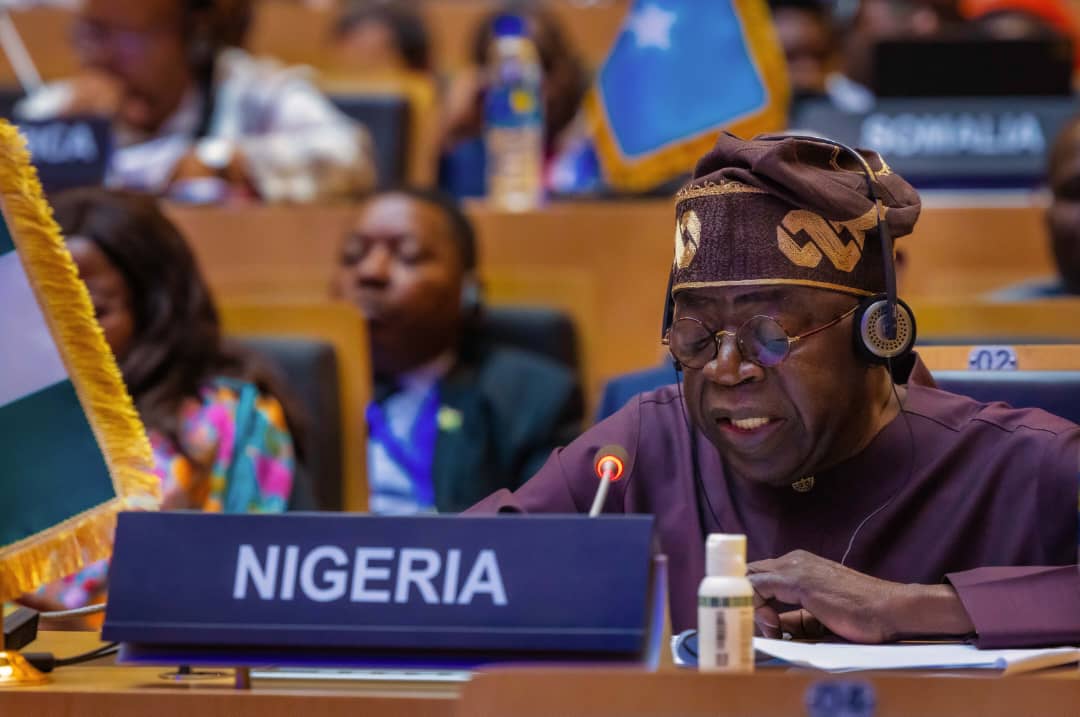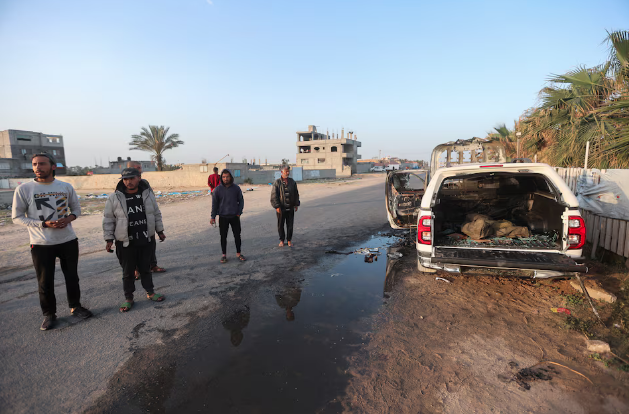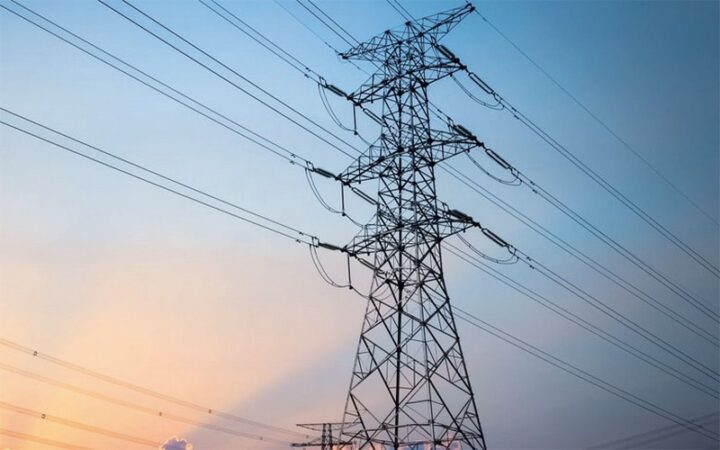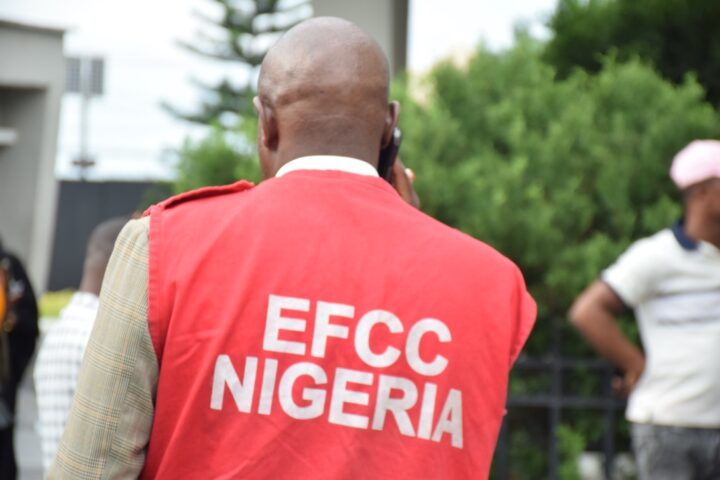In a 2019 research work published on Natural Resources, an academic journal, scholars from the Nnamdi Azikiwe University reported that ‘’public pipe-borne water system had collapsed in Anambra State of Nigeria, for over fifteen years, challenging the residents of the state to resort to alternative sources of potable water, notably, boreholes’’. This research work also painted a sad picture of the quality of alternative sources of water consumed in Anambra: there were traces of heavy metals in water consumed in the state. But, today, this is now a thing of the past. Governor Chukwuma Soludo has attacked the issues related to the collapse of public water infrastructure in Anambra State, head-on.
Governor Soludo’s success in addressing the perennial water issues in Anambra shows that with dedication, good leadership and prudent management of resources, a subnational government could achieve a lot in Nigeria. In the coming months and years, it is expected that Anambra would become a case study on how to get public water infrastructure right in Nigeria.
Public water infrastructure in Anambra has always been an issue. Though there have been concerted efforts by governments since the creation of Anambra State to resuscitate the water supply schemes in the state, but here is what Victor Okonye, who was a deputy director in the state’s Water Corporation in 2021, had to say: “In Anambra State, the last regime that showed genuine effort in rehabilitation of existing water schemes was former Gov. Chris Ngige’s administration.’’ In order to show how bad things were in his 2021 interview with the Vanguard Newspaper, Mr. Victor Okonye further lamented that staff of the state’s Water Corporation Board had embarked on numerous protests as a result of the non-payment of salaries and arrears.
The state’s water corporation was not in a good shape. Encroachers had even started erecting structures within the Onitsha Water Works Building. The beautiful water works facility constructed with the assistance of the World Bank, which was started by Former Governor Jim Nwobodo in 1983, had become an eyesore.
Advertisement
In fact, the failure of urban water schemes in the state resulted in the idea of ‘sinking’ boreholes in primary and secondary schools. The construction of gigantic water storage tanks at Aroma Junction, boreholes and the Udoka Housing Estate Water Scheme – which were executed about 13 years ago in Awka – did not change the capital’s water supply problem. The case of Udoka Housing Estate’s water scheme which ordinarily would have been a huge success did not achieve the desired objective. On the day the water scheme was commissioned in 2011, officials of the state government urged residents in the neighborhood to pay for the reticulation of water into their homes but the residents were not keen on making this payment. They were already used to the water boreholes in their compounds. [Note that some engineers have argued against the proliferation of water boreholes in Nigeria as they claim this could result in earthquakes in the future. Also, the quality of water from private boreholes cannot be guaranteed in many cases].
Today, Governor Soludo’s rehabilitation of 5 large urban water works facilities has changed the water supply dynamics in the state. These large urban water works facilities were comatose before the commencement of Governor Soludo’s massive rehabilitation works. Water is now gushing out from these huge facilities at different fetching points at Awka, Otuocha and Onitsha. The test running of facilities in Nnewi and Awkuzu will soon commence. In the coming months, water would start running in people’s homes after the hundreds of kilometers of water reticulation pipelines are completed. People who lived in communities where it was almost impossible to even ‘sink’ private water boreholes because of the depth of water bearing aquifers in these localities can now heave a sigh of relieve.
In order to get a picture of the scale of the gigantic urban water schemes resuscitated in the state by Governor Soludo, we take a look at one of the 5 major water schemes rehabilitated: the Otuocha Water Scheme. The Otuocha Water Scheme has a treatment plant with a capacity of 10 million liters of water per day. The plant supplies water to a total pipeline network of 5km crisscrossing 3 major towns: Aguleri, Umuleri and Umuoba town.
Advertisement
The business model for the sustainability of Anambra’s urban water supply system has also been worked out. The plan is simple. As soon as water starts running in people’s homes, concessionaires will be engaged to manage the water supply infrastructure. With this model, citizens would only need to pay affordable rates for portable pipe-borne water. This supplied water would obviously be devoid of the kind of contamination in alternative water sources that have been reported in the past.
Apart from the rehabilitated urban water schemes, the administration has also resuscitated rural and semi-urban water schemes around the state. The Soludo-led administration has completed the rehabilitation of 68 rural water schemes and 15 small-town water schemes around Anambra State. There has also been the rehabilitation of 98 hand-pumped and solar motorized boreholes in flood-affected local governments in the state. Today, many communities that were without functioning water boreholes now have them scattered across major centers.
In order to ensure the sustainability of these rehabilitated water schemes, renewable energy sources were added to the energy mix required to power these facilities. Also, in order to ensure the long-term sustainability of Anambra’s water supply industry, the Soludo-led administration has reached an out-of-court settlement with the Amalgamated Union of Public Corporations, Civil Service Technical and Recreational Services Employees (AUPCTRE) over issues related to the longstanding dissolution of the Anambra State Water Corporation. This ended a 14-year-old dispute with the union.
Soludo’s resuscitation of the state’s comatose water schemes shows that a lot can be achieved by building on the lessons learnt from the efforts of past government who had also made concerted efforts to revive the state’s water schemes.
Advertisement
Nwankwo is the special adviser on special projects to Soludo
Views expressed by contributors are strictly personal and not of TheCable.
1 comments








Soludo is working, and as a Technocrat who plans before execution, let’s give him time to turn the State around for good. Please, let the Umuoji water works be graciously considered in the next phase. I feel bad that I enjoyed pipe borne water before and during the civil war at Umuoji, but cannot convince my children that it ever happened after the war. There’s hope for Anambra State under Soludo Solution.